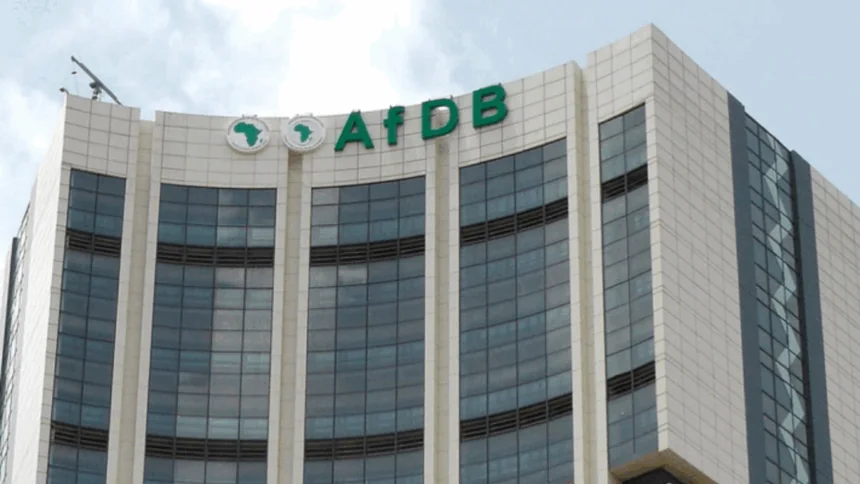Nigeria loses an estimated $8.8 billion every year due to its large informal economy, the African Development Bank (AfDB) revealed in its 2025 African Economic Outlook report.
The report highlighted that while informal businesses—including street vendors, smallholder farmers, and micro and small enterprises—play a major role in economic activity and employment, much of their wealth remains outside the tax system. This results in significant revenue losses that could otherwise finance development projects.
“By analysing data on informal output relative to formal output, tax revenue as a share of GDP, and nominal GDP across 46 African countries, the estimated forgone revenue amounts to approximately $125 billion for Africa,” the report stated. “This figure would be higher if data from all African countries were included.”
Among Africa’s largest economies, Nigeria ranks fourth in forgone tax revenue from informality, behind South Africa ($20.4 billion), Algeria ($16.3 billion), and Egypt ($15.6 billion).
The report urged efforts to transition informal enterprises into the formal economy, which would give businesses access to improved conditions and expand the tax base, boosting revenue.
However, taxing informal businesses remains challenging due to their irregular and undocumented operations. The AfDB pointed to Kenya’s iTax system and Tanzania’s presumptive tax model as successful examples Nigeria could adopt to improve tax compliance.
Nigeria has initiated tax reforms, including digitising tax processes, but compliance remains low, the report noted.
The report also spotlighted Nigeria’s fiscal pressures from rising debt costs, warning that about 75 per cent of government revenue in 2025 will go toward debt servicing, despite a public debt level projected at 47 percent of GDP.
“Debt interest and amortisation payments are made from government revenue and are not necessarily tied to the size of GDP,” the report explained. “Nigeria presents a classic case: with 47 per cent debt-to-GDP ratio, three-quarters of federal revenues are projected to cover debt interest payments.”
Across Africa, total debt service payments are expected to reach $89 billion in 2025, with over half owed to private creditors. Rising global interest rates and currency depreciation threaten fiscal sustainability in many countries.
The AfDB recommended that Nigeria intensify domestic revenue mobilisation through tax system modernization, closing loopholes, reducing aid dependency, and improving public spending efficiency to safeguard fiscal space and reduce debt vulnerabilities.
Despite these challenges, Nigeria’s economic growth rose slightly to 3.4 percent in 2024 from 2.9 percent in 2023, supported by services, agriculture, and industry. Inflation surged to 33.2 percent, driven by fuel price hikes and naira depreciation, prompting the Central Bank of Nigeria to raise policy rates to 27.5 percent.
Public debt increased from 41.5 percent of GDP in 2023 to 52.3 percent in 2024 due to higher borrowing and currency weakness, though the fiscal deficit narrowed slightly to 3.9 percent of GDP with improved non-oil revenues.
The AfDB report underscores the critical need to formalize Nigeria’s informal economy to unlock significant revenue that can support sustainable growth and development.





